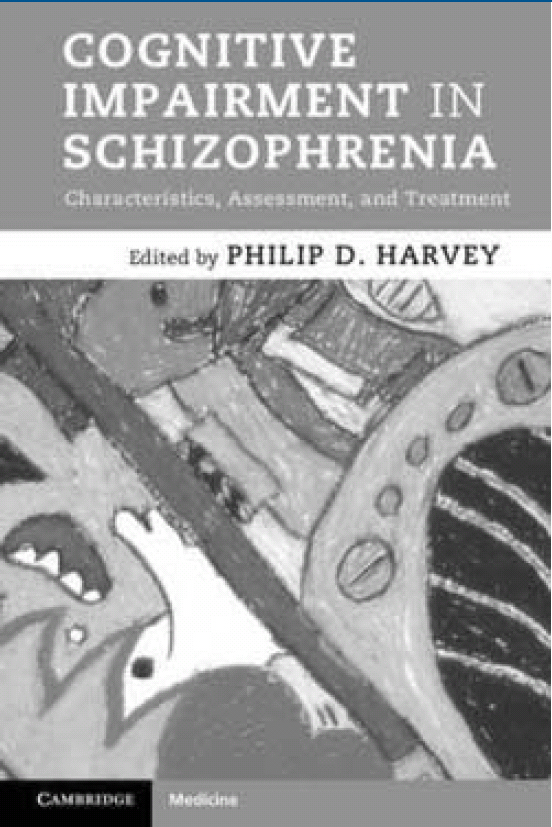
In his foreword, the editor notes huge developments in the field of cognitive impairment in schizophrenia, but expresses some dismay that major Pharma has pulled out of the search for cognitive enhancers. A source of more dismay should be that diagnostic criteria still do not include cognitive impairment. Moreover, the first chapter, by Heinrichs, neatly disposes of the presumed close associations of cognition to both psychopathology and function, pointing out much double dissociation between cognitive impairment and psychosis in other disorders.
Green's chapter neatly sidesteps the cognition/function conundrum by adducing social cognition, yet another area of compromised performance in schizophrenia. Even so, its status - whether it is cognitive impairment or symptomatic - remains somewhat unclear.
There is much useful information here: chapters on cognition in the elderly, cognition and work, and performance-based evaluation. However, there is nothing on the issue of persistent substance-induced psychotic disorder, which has (at least in my experience) eclipsed idiopathic schizophrenia, and whose characterisation in terms of cognitive impact is in its infancy.
The genetic and biological chapters are understandably unable to illuminate the issue very much, with a statement that there are multiple risk alleles across a large number of candidate genes, each contributing a small effect. Not a recipe for therapeutic optimism. Furthermore, there is evidence that, via glutamatergic mechanisms, even primary sensory processes do not escape schizophrenia. The trouble with glutamate is its ubiquity: the book overall implies a whole-brain disorder in which, dare I suggest, cognitive impairment may constitute an epiphenomenon, albeit a highly consequential one.
Regarding treatment, the editor's chapter introduces davunetide, a promoter of neurogenesis. Reasons for the failure of neurotransmitter interventions are rehearsed: it is clear that the potential for pharmacological impact is still believed in, despite mass of evidence to the contrary. A major plank in this argument is the success of cognitive remediation in overcoming cognitive deficit, I note, despite the failure of NICE to recommend it in the UK. As a clinician one feels that computerised practice at cognitive tasks has less face validity than repeated practice at what one cannot do - which is how cognitive failures are overcome by the rest of us. Even so, this is a timely update of the field, with much food for thought.



eLetters
No eLetters have been published for this article.